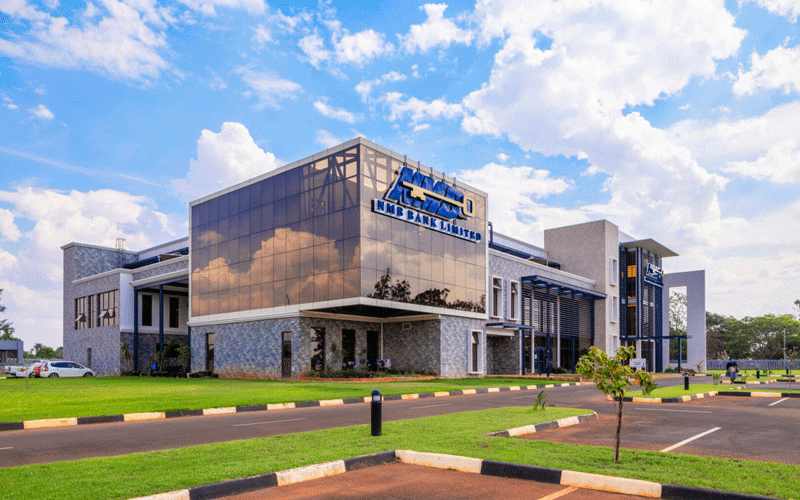FINANCIAL technology (fintech) has the potential to transform the economy by improving financial inclusion and reducing transaction costs, experts have said.
Fintech platforms have been transforming Zimbabwe’s financial landscape in recent years by offering innovative digital solutions for financial transactions.
Fintech companies in the digital financial services ecosystem has been dominated by mobile network operators, with Econet Wireless Zimbabwe Limited leading in this space.
Earlier this year, Econet bought back fintech companies under its sister company, EcoCash Holdings Zimbabwe Limited.
These were EcoCash (Pvt) Limited, VAYA Technologies Zimbabwe (Pvt) Limited, Econet Insurance (Pvt) Limited, Econet Life (Pvt) Limited, MARS Zimbabwe (Pvt) Limited, and Maisha Health Fund (Pvt) Limited.
- Kencor speaks on viral salary memo
- Mushayavanhu tweaks RBZ executive team
- Stanbic pledges more support for telecoms sector
- Tourism expert calls for destination promotion
- Ncube calls for resolutions to development bottlenecks
Fintech firms that are not owned by mobile network operators include ZimSwitch, Paynow, Zapper, Payserve, Ecoshash, Get-Bucks, InnBucks Microbank Limited and eTranzact.
“By enabling real-time payment tracking and minimising errors, businesses can focus more on core activities rather than the complexities of financial disbursement,” economist Chenayimoyo Mutambasere told NewsDay
Business.
“This leads to increased efficiency, as organisations can disburse funds to multiple beneficiaries securely and swiftly. In an economy where speed and accuracy in financial transactions are essential, these platforms play a pivotal role in enhancing productivity.
“However, this must be supported by robust business processes that provide guardrails against malware that could lead to payment errors or even fraudulent activity.”
The Reserve Bank of Zimbabwe’s National Financial Inclusion Strategy 2022-2026 seeks to expand the fintech ecosystem to include the unbanked population.
In February 2021, the central bank issued the Fintech Regulatory Sandbox Guidelines to encourage fintech innovations through a set guidance and standards on controlled testing of new technologies.
Mutambasere however, added that concerns about data security, cyber threats and the digital literacy gap posed risks, especially for small businesses that struggled with the transition to digital platforms.
Ensuring cyber security, educating users on the platform’s functionalities and having reliable energy sources are crucial to mitigating these risks, she said.
Furthermore, fintech innovations can support small and medium enterprises in accessing better financial services, leading to job creation and improved livelihoods.
However, the lack of infrastructure, particularly access to energy and affordable internet, remains a bottleneck for scaling up these innovations.
“The future of any economy will depend on uptake on new technologies such as these and access to that technology by consumers,” economist Vince Musewe said.
“Convenience and transaction costs will be key. Competition is also very high in this sector and companies who are innovative will win the day.”













